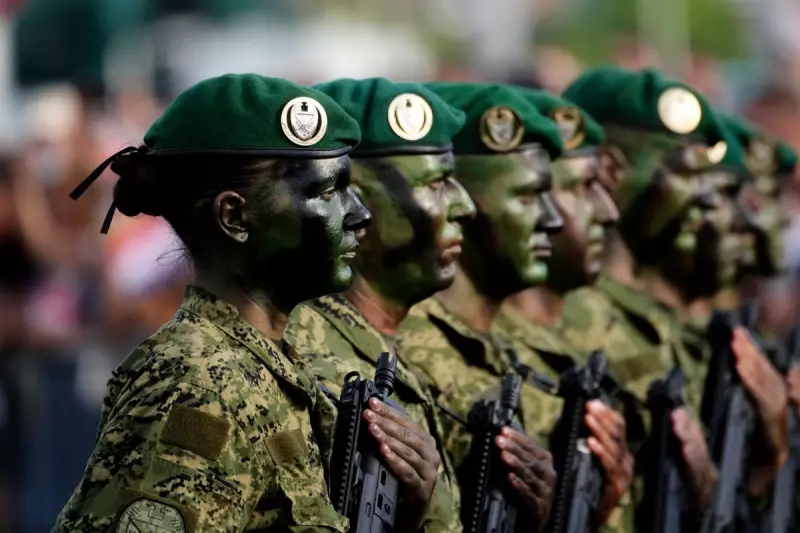
In a dramatic break from European solidarity, Croatian President Zoran Milanović has sparked international controversy by publicly opposing Ukraine's NATO membership and calling for closer relations with Russia.
The stunning declaration came during a press conference in Zagreb, where Milanović argued that Ukraine's potential NATO accession could make the country "the target of a preventive strike" from Moscow.
A Balkan Leader Defying EU Consensus
President Milanović's remarks represent a significant departure from the unified European position supporting Ukraine against Russian aggression. The Croatian leader went so far as to suggest that Ukraine should become a "neutral country," directly contradicting NATO's open-door policy and the aspirations of Kyiv.
"We should not bring Ukraine into NATO," Milanović stated unequivocally, adding that such a move would be "very dangerous." His comments have sent shockwaves through diplomatic circles across Europe.
Historical Context and Regional Implications
Croatia's position carries particular weight given its own history of conflict and subsequent NATO membership in 2009. The Balkan nation joined the European Union in 2013, making Milanović's pro-Russia stance even more remarkable.
The president's comments come at a critical juncture in European security discussions, with many Eastern European nations pushing for stronger support for Ukraine and faster integration with Western institutions.
Potential Fallout and Diplomatic Reactions
European officials are likely to view Milanović's statements as undermining collective security efforts and providing comfort to Moscow at a time when Western unity is considered crucial.
The Croatian government now faces potential isolation within EU and NATO forums, with other member states expected to challenge Zagreb's position during upcoming diplomatic meetings.
As the war in Ukraine continues, Milanović's controversial stance raises questions about the consistency of European foreign policy and highlights emerging fractures in what had appeared to be a united front against Russian aggression.





